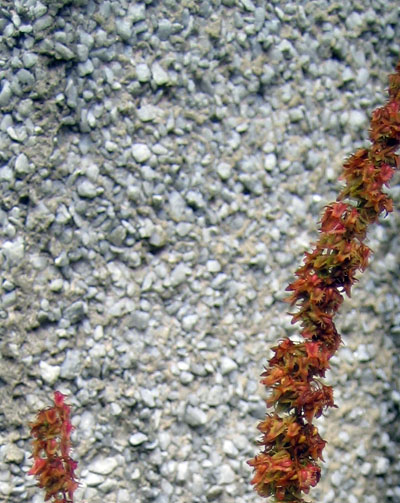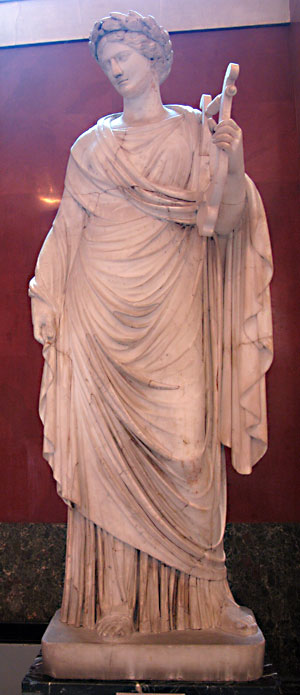Today’s word of the day is corker, a remarkable or astounding person or thing.
The history of corker is really about bottle corks and not about Irish from Cork. It means a settler, as in a thing which settles (a debate, wager, etc.), not a person who newly inhabits a mostly unpopulated area.
A corker is the last word on a topic. It is literally a “stopper” like a bottle stopper, only in this case it is a debate stopper. It is something so great that any talk further about it, or any attempt to identify a better example of such a thing, is pointless. A similar use is when people say “Put a cork in it!” meaning “stop talking!”
You can find an apt description of a slightly different way of using of “corker” in this dictionary of Sussex dialect from 1840: “I have given him a corker; ‘I have silenced him;’ I have closed up his mouth as effectually as a cork does a bottle.”

